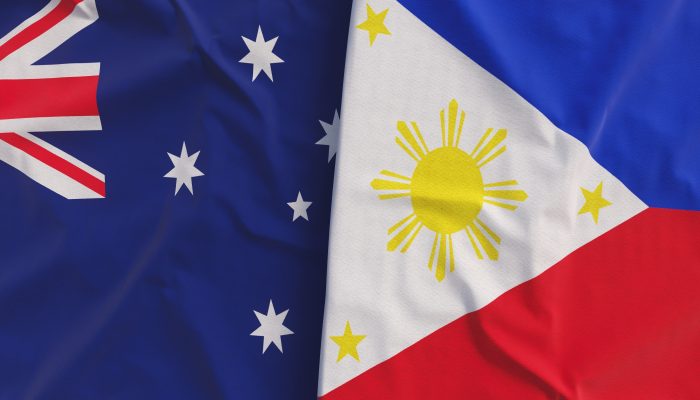The Work and Holiday visa program is a cornerstone of Australia’s commitment to global engagement, fostering international connections, and enriching its own society through cultural diversity. We are pleased to announce that the Australian Government has extended its Work and Holiday visa (subclass 462) to include citizens of the Philippines, opening up exciting opportunities for both nations.
For Aspiring Filipino Travelers
From 2024 the Australian Work and Holiday visa program will enable 200 Filipino citizens to travel to Australia each year for a 12-month period as the holder of a subclass 462 visa.
Eligibility
To be eligible for the Work and Holiday visa, Filipino citizens must meet the following requirements:
- Be a Filipino citizen between the ages of 18 and 30.
- Demonstrate sufficient funds to support themselves initially.
- Completed tertiary education or finished at least two years of undergraduate or post-secondary education.
- Meet health, character and national security requirements, and have medical insurance for the duration of the stay in Australia.
Purpose
The inclusion of the Philippines in Australia’s Work and Holiday visa program represents a significant step toward enhancing cultural exchange, economic growth, and personal development for both countries. It offers young Filipino citizens the opportunity to explore Australia while contributing to the local economy.
For advice regarding Australian visas and Australian immigration assistance, please do not hesitate to contact us at info@hartmanimmigration.com.au.
Disclaimer:
The information on this website is intended only to provide a summary and general overview on relevant matters. It is not intended to be comprehensive nor does it constitute legal advice. You are advised to seek legal or other professional advice before acting or relying on any of the content contained in this website.



